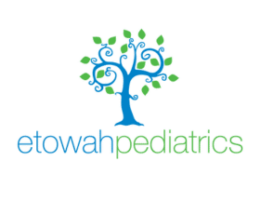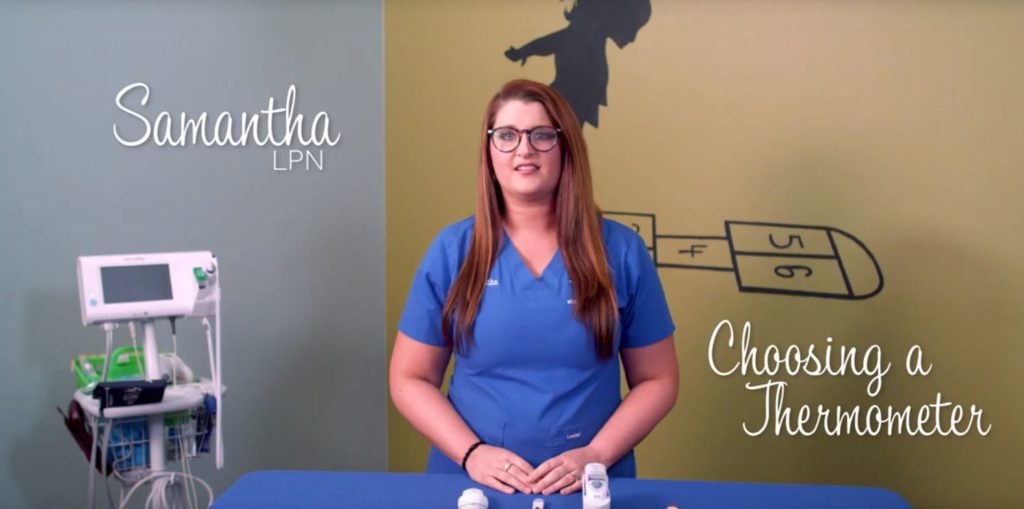It is expected that most children will have a cold before they turn 2 years of age. Cold symptoms can include a runny nose, nasal congestion, coughing, and drainage down the back of the throat – which is called post nasal drip. These symptoms can range from a few days up to 10 to 14 days.
Cold symptoms are caused by viruses. Viruses often just have to run their course. We do not give antibiotics to treat these viruses.
Things you can do at home to help with cold symptoms include nasal saline drops, a bolt syringe if your child is unable to blow their nose, a humidifier or vaporizer to put moisture in the air, and make sure you push plenty of fluids so your child stays well-hydrated. Avoid the use of over-the-counter cold or cough medications as these are not recommended to treat cold symptoms in children.
If you have any concerns or feel like your child is worsening, please contact us here at the office and we’ll be happy to help you.
How to Treat a Cold
Colds
Colds are caused by viruses. Most children have 8 to 10 colds in their first 2 years of life. Most colds come and go and rarely lead to anything worse. They usually last about a week. Antibiotics do not help colds.
Signs and symptoms
- Stuffy or runny nose and sneezing
- Watery eyes
- Mild cough
- Mild fever
- Headache
- Not eating well
Call your child’s doctor if your child
- Has blue lips or nails
- Has a fever that lasts for more than 2 to 3 days
- Has symptoms that get worse after a week
- Has a hard time drinking or breathing
- Has ear pain
- Is more sleepy or cranky than usual
How to keep your child healthy
Use the following tips to help keep your child healthy:
- Keep hands clean. Everyone should wash their hands several times a day to keep germs from spreading.
- Avoid sharing eating utensils, drinking cups, toothbrushes, washcloths, or towels with anyone who has a cold or fever.
- Wash dishes and utensils in hot, soapy water.
- Don’t smoke around your child. Don’t smoke in the care or around the house.
How to help your child feel better
Your child’s doctor may recommend the following ways to soothe a sick child:
To relieve a stuffy nose
Use saline (saltwater) nose drops to thin nasal discharge. Ask your child’s doctor about which ones to use. Place a few drops of the saline into each nostril followed by gentle bulb suction. This works best for babies younger than 3 months.
During the illness, use a cool-mist humidifier or vaporizer in your child’s room. This helps moisten the air and may help clear your child’s nasal passages. Be sure to clean the humidifier or vaporizer often, as recommended by the manufacturer.
To relieve a fever
Give acetaminophen to a baby 6 months or younger. Give either acetaminophen or ibuprofen to a child older than 6 months. Ask your child’s doctor for the right dosage for your child’s age and size. Do not give aspirin to your child because it has been associated with Reye syndrome, a rare but very serious illness that affects the liver and the brain.
About other medications
Cough and cold medicine: The American Academy of Pediatrics strongly recommends that over-the-counter cough and cold medications not be given to infants and children younger than 2 years because of the risk of life-threatening side effects. Also, several studies show that cold and cough products don’t work in children younger than 6 years and can have potentially serious side effects.
Antibiotics: Your child’s doctor may prescribe an antibiotic to treat a bacterial infection. For viral infections the body needs to fight the virus on its own because antibiotics won’t work.
Note: Products are mentioned for informational purposes only and do not imply an endorsement by the American Academy of Pediatrics.
Source: Common Childhood Infections, Published Online 06/2011, Copyright © 2005 American Academy of Pediatrics, Updated 4/08.

